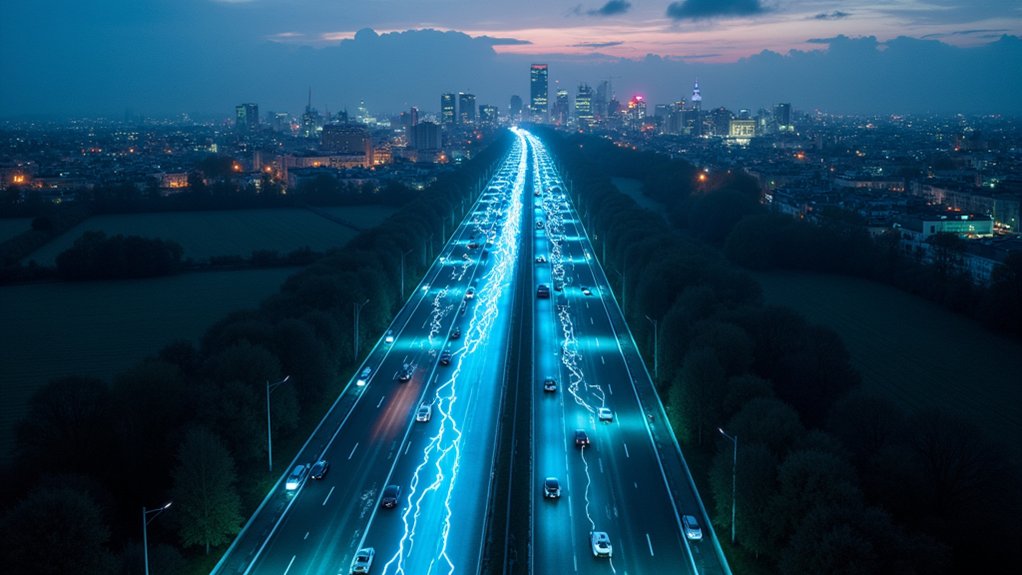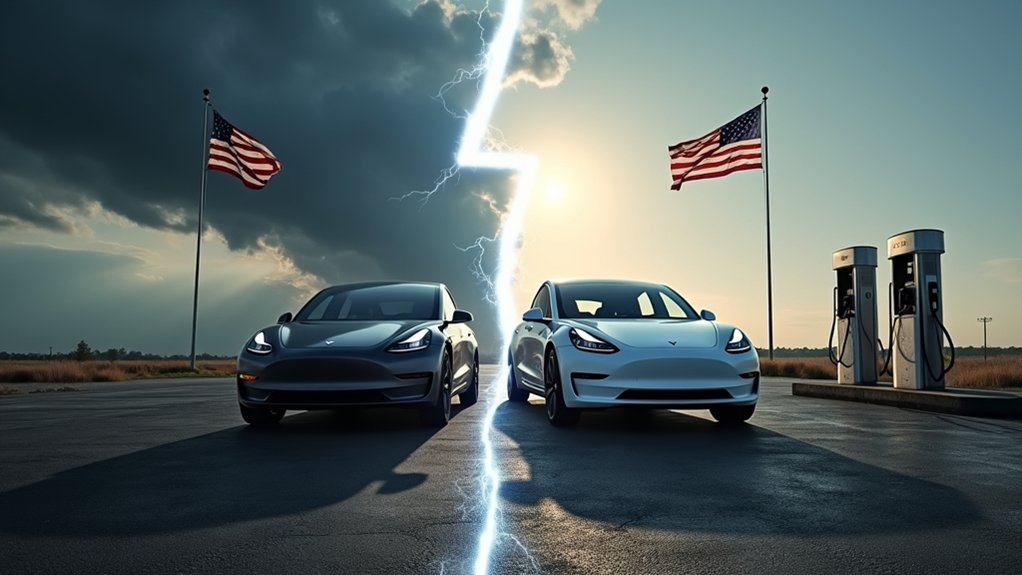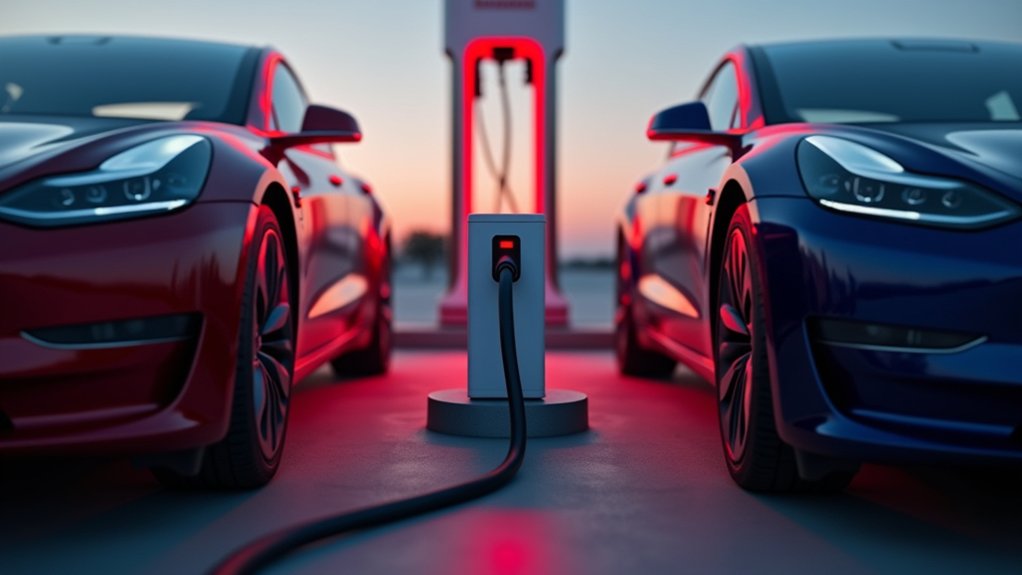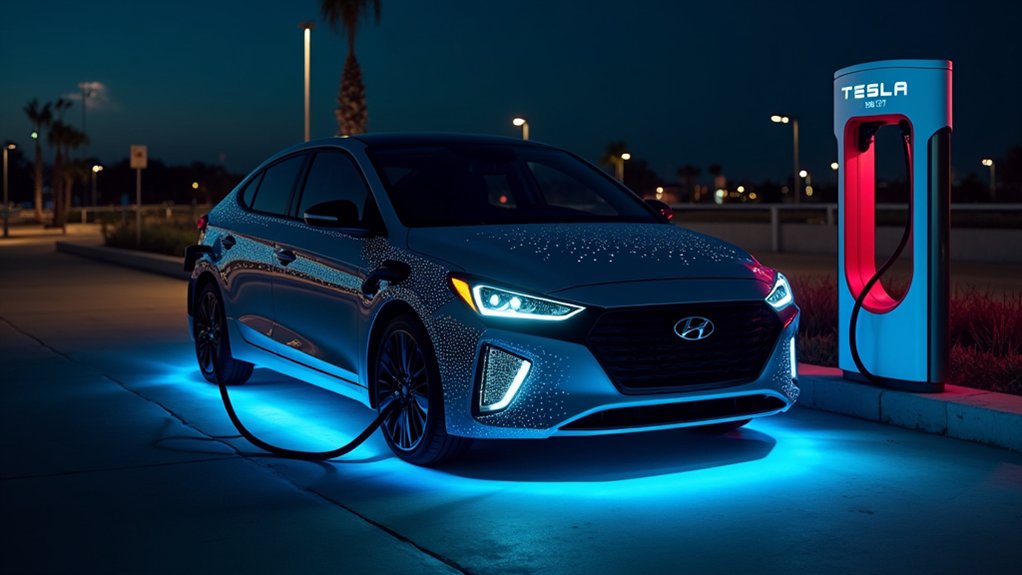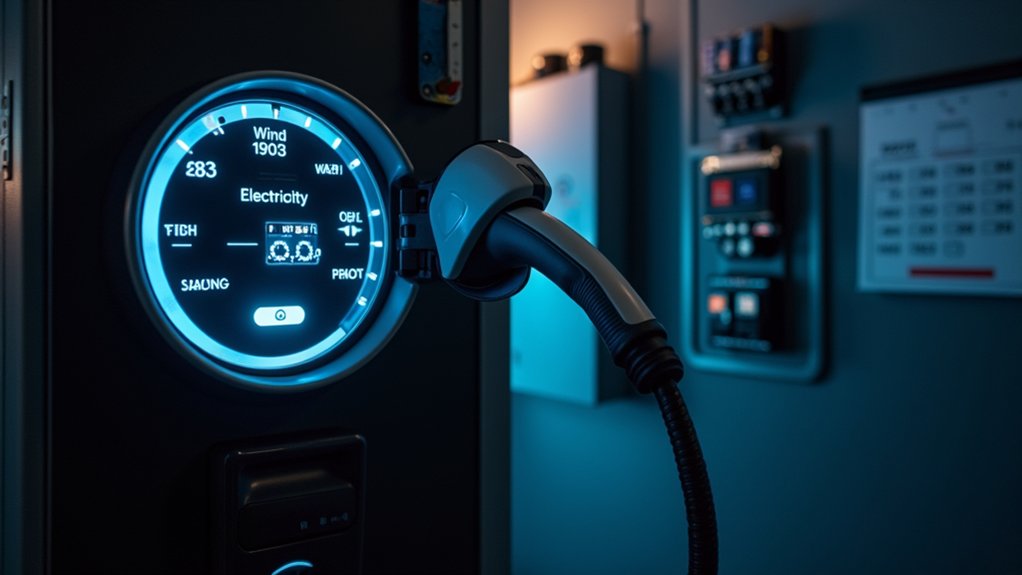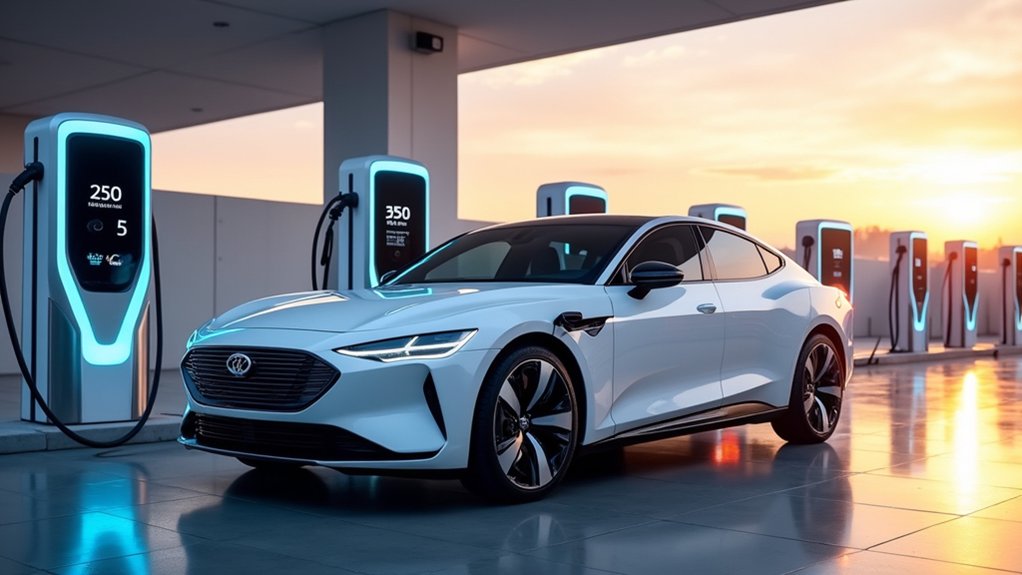As the United Kingdom races toward its ambitious 2030 electric vehicle goals, the charging infrastructure landscape faces unprecedented transformation. The market, currently valued at $612.42 million, is projected to reach nearly $2 billion by decade’s end—a staggering 21.67% compound annual growth rate. This exponential trajectory represents a fundamental shift in Britain’s transportation ecosystem, necessitating rapid deployment of charging networks nationwide.
The government’s target of 300,000 public chargers by 2030 highlights the infrastructure gap that must be bridged. Currently, just 64,632 public charging points operate across the country—approximately one-fifth of the required capacity. Home charging remains accessible to only 5% of EV users, intensifying pressure on public infrastructure development. These figures aren’t merely aspirational; they’re imperative for accommodating the projected 9 million electric vehicles expected on UK roads.
London’s dominance in charging infrastructure is striking, accounting for nearly one-third of all public charging points. The South East and South West regions collectively host just 20%, illustrating significant geographic disparities. This imbalance creates barriers to adoption in rural and less-developed areas, necessitating targeted investment strategies to guarantee equitable access nationwide. The stark North-South Divide in charging infrastructure availability continues to hinder equitable EV adoption across regions.
Financial projections underscore the sector’s viability. Annual revenue is expected to surpass £639.1 million by 2029, making the charging infrastructure sector increasingly attractive to institutional investors. The UK’s Electric Vehicle Infrastructure Strategy, supported by £1.6 billion in funding, is specifically targeting improvements to on-street EV charging to reduce range anxiety. The market’s anticipated growth to nearly $5 billion represents a tenfold expansion from current levels—numbers that justify industrial-scale deployments across the country.
Meeting these ambitious targets requires accelerating current installation rates substantially. The existing network must expand 6.5 times from current levels, presenting logistical and technical challenges that demand innovative solutions. The implementation of smart charging solutions that optimize schedules through algorithms will be crucial for managing energy demand and reducing operational costs. Standardization issues and investment barriers remain obstacles to the balanced regional coverage required for nationwide EV adoption.
The UK’s charging infrastructure race has profound implications. Success means establishing global leadership in sustainable transportation; failure risks undermining broader decarbonization efforts. The data suggests momentum is building, but sustained commitment remains essential to bridge the infrastructure gap.
